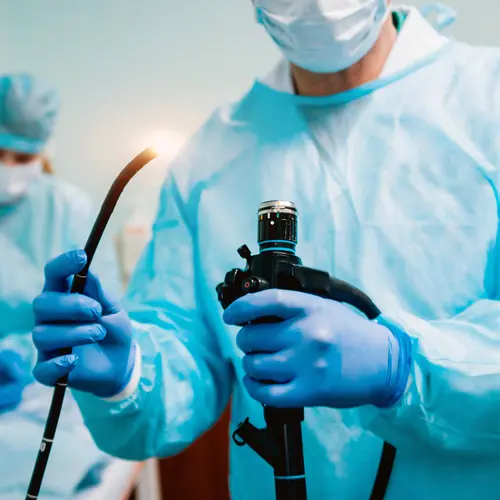A bitter taste in the mouth, a chronic cough, sore throat, fatigue ... if you're waking every morning with these symptoms of nighttime heartburn, you want relief.
Millions experience heartburn and the more serious condition gastroesophageal reflux disease (GERD) daily. And research shows that nighttime heartburn affects nearly four out of five of heartburn sufferers -- disturbing sleep and impairing their ability to function the next day.
If you're one of these people, find nighttime heartburn relief with these simple lifestyle, exercise, and food tips.
12 Food and Drink Tips for Nighttime Heartburn Relief
- Prevent heartburn by limiting acidic foods, such as grapefruit, oranges, tomatoes, or vinegar.
- Spicy foods giving you heartburn? Cut back on pepper or chilies.
- Don't lie down for two to three hours after you eat. When you are sitting up, gravity helps drain food and stomach acid into your stomach.
- Enjoy lean meats and nonfatty foods. Greasy foods (like French fries and cheeseburgers) can trigger heartburn.
- Want to avoid GERD symptom triggers? You may want to cut back on chocolate, mint, citrus, tomatoes, pepper, vinegar, catsup, and mustard.
- Avoid drinks that can trigger reflux, such as alcohol, drinks with caffeine, and carbonated drinks.
- Size matters: Eat smaller meals and you may avoid triggering GERD symptoms.
- Enjoy an after-work drink? You may want to turn to teetotaling: Alcohol can relax the esophageal sphincter, worsening GERD.
- Crazy about colas? It may be time to cut back. Colas can be related to reflux and to GERD symptoms.
- Keep heartburn at bay: Don't eat too quickly! Try putting your fork down between bites.
- Avoid snacking at bedtime. Eating close to bedtime can trigger heartburn symptoms.
- Reduce your nighttime heartburn risk: Eat meals two to three hours before sleep.
16 Lifestyle Tips for Nighttime Heartburn Relief
- Steer clear of tight clothes. Tight belts, waistbands, and pantyhose can press on your stomach, triggering heartburn.
- Strive for a less stressful life. Stress may increase stomach acids, boosting heartburn symptoms.
- Heavy? Try losing weight. The pressure of excess weight increases the chance stomach acid will backup into the esophagus.
- Popping antacids more than once a week? You may have GERD, not heartburn, and need more aggressive treatment.
- Try chewing gum at night. This can boost the production of saliva, which neutralizes stomach acid.
- Not all "trigger" foods cause GERD symptoms in everyone. Keep track of your symptoms to find your personal triggers.
- Pregnant? You may experience heartburn or GERD. Talk to your doctor about finding relief.
- Heartburn worse after exercise? Drink plenty of water. It helps with hydration and digestion.
- Untreated GERD can radically increase your risk of esophageal cancer. But reflux can be managed. Talk with your doctor.
- Try keeping a diary or heartburn log to keep track of activities that might trigger incidents.
- A full tummy can mean a night full of heartburn pain. Wait at least 2-3 hours after you eat before going to bed.
- Wait for your workout. Don't want to trigger heartburn? Wait at least two hours after a meal before exercising.
- Nicotine can cause your esophageal sphincter to relax. If you smoke, kick the habit.
- Some medicines can worsen reflux. Talk with your doctor about alternatives.
- Use blocks or bricks under the bedpost to raise the head of your bed 6 inches so you can sleep with head and chest elevated. You can also try a wedge pillow.
- Bend with your knees. Bending over at the waist tends to increase reflux symptoms.
Published April 10, 2007.

